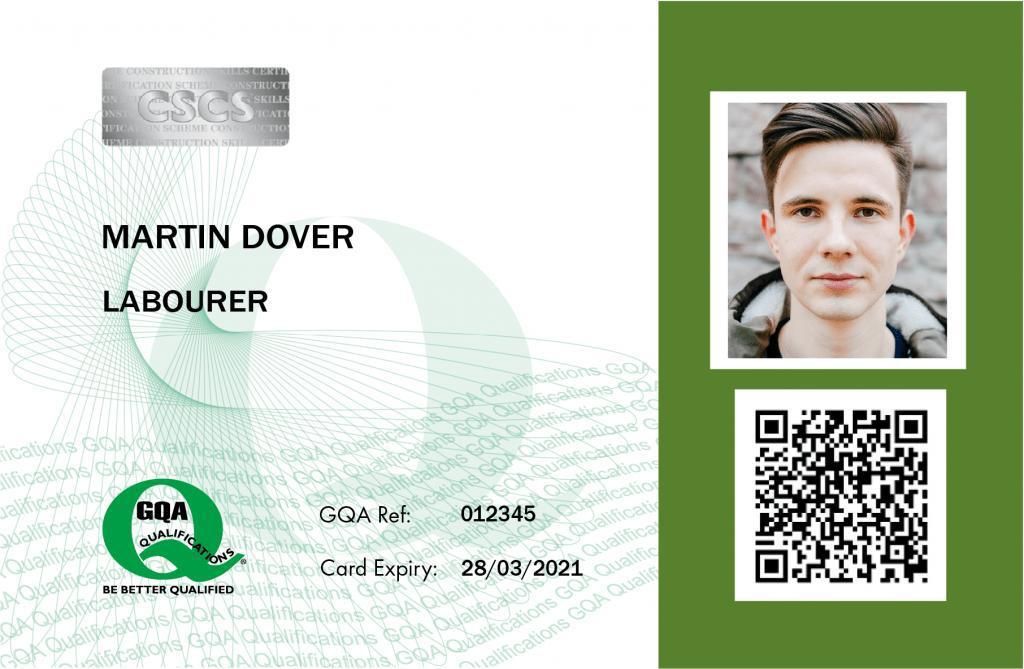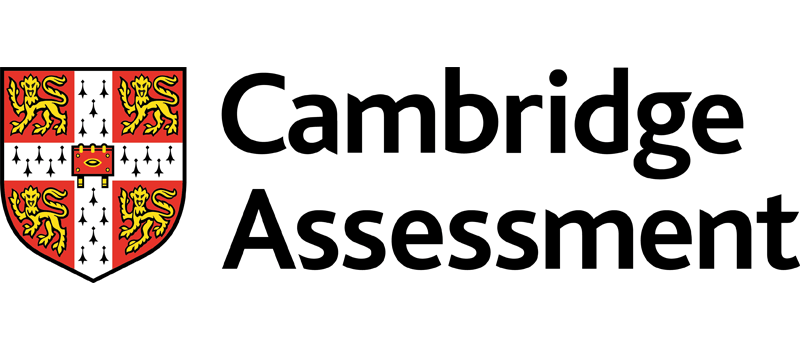
Strategic Planning Progressing Towards the Future with Sustainability
Course ID: 2508250101249EGI
Course Dates : 25/08/25 Course Duration : 5 Studying Day/s Course Location: London, UK
Language: Bilingual
Course Category: Professional and CPD Training Programs
Course Subcategories: Operations and Process Excellence
Course Certified By: * Projacs Academy
* Professional Training and CPD Programs
Certification Will Be Issued From :
KSA
Course Fees: £4,838.34
Vat Not Included in the price. VAT may vary depending on the country where the course or workshop is held.
Click to Pay
Date has passed please contact us Sales@e-s-hub.com
Course Information
Introduction
Strategic planning has long been a cornerstone of organizational success, enabling businesses to navigate complex environments and achieve their goals. However, as global challenges such as climate change, resource scarcity, and shifting societal expectations gain prominence, organizations must integrate sustainability into their strategic frameworks. This course addresses the intersection of strategic planning and sustainability, equipping participants with the tools and insights needed to drive meaningful progress toward a sustainable future. By blending theoretical foundations with practical applications, this program ensures that participants are well-prepared to lead transformative initiatives within their organizations.
The urgency of sustainability in strategic planning is underscored by recent industry trends and regulatory shifts. For instance, the European Union’s Sustainable Finance Disclosure Regulation (SFDR) mandates transparency in environmental impact reporting, while global frameworks like the United Nations Sustainable Development Goals (SDGs) provide a roadmap for aligning business strategies with broader societal objectives. Despite these developments, many organizations struggle to embed sustainability into their core operations. A 2022 McKinsey report revealed that only 30% of companies successfully integrate sustainability into their decision-making processes, highlighting a significant gap between awareness and action.
This course seeks to bridge that gap by addressing key challenges faced by professionals in translating sustainability principles into actionable strategies. Participants will explore how to align organizational goals with sustainability targets, leverage data-driven insights for informed decision-making, and foster stakeholder engagement across diverse groups. Drawing on established theories such as Michael Porter’s Shared Value framework and John Elkington’s Triple Bottom Line concept, the course provides a robust foundation for understanding the interplay between profitability, social responsibility, and environmental stewardship.
Real-world examples further illustrate the practical relevance of the course material. Consider Patagonia, a company renowned for its commitment to sustainability. By embedding environmental values into its strategic planning, Patagonia has not only enhanced its brand reputation but also achieved consistent financial growth. Similarly, Unilever’s Sustainable Living Plan demonstrates how integrating sustainability into core business strategies can yield measurable benefits, including cost savings and increased market share. These case studies serve as powerful illustrations of the potential impact of strategic planning rooted in sustainability principles.
For individuals, mastering the content of this course offers numerous advantages. Professionals will enhance their ability to think critically, solve complex problems, and communicate effectively with stakeholders at all levels. These skills are increasingly sought after in today’s competitive job market, where employers value employees who can contribute to both short-term results and long-term resilience. Organizations, too, stand to benefit significantly. By fostering a culture of sustainability, they can reduce operational risks, capitalize on emerging opportunities, and build trust with customers, investors, and communities.
Ultimately, this course represents an investment in the future—both for participants and the organizations they serve. As industries continue to evolve in response to global pressures, the ability to plan strategically with sustainability in mind will become a defining competency. By equipping participants with the knowledge and tools to navigate this transition, the course empowers them to drive positive change and position themselves as leaders in their fields.
Objectives
By attending this course, participants will be able to:
Analyze the role of sustainability in strategic planning frameworks and evaluate its alignment with organizational goals.
Design strategies that integrate sustainability metrics into performance measurement systems.
Apply tools such as life cycle assessments and carbon footprint analysis to inform decision-making processes.
Evaluate the impact of regulatory requirements and global standards on sustainability initiatives.
Implement stakeholder engagement techniques to build consensus and drive collaborative action.
Develop a comprehensive sustainability roadmap tailored to the specific needs of their organization.
Synthesize case studies and best practices to identify innovative solutions for sustainability challenges.
Who Should Attend?
This course is ideal for:
Senior executives and managers responsible for shaping organizational strategy.
Sustainability officers and corporate responsibility professionals seeking to enhance their strategic capabilities.
Consultants and advisors working with clients on sustainability-related projects.
Policy analysts and government officials tasked with developing sustainable policies.
Entrepreneurs and small business owners looking to embed sustainability into their operations.
These groups will find the course valuable as it addresses the growing demand for expertise in integrating sustainability into strategic planning. The content is particularly beneficial for intermediate learners who already possess foundational knowledge of strategic planning or sustainability but wish to deepen their understanding and refine their skills. While advanced practitioners may also benefit from the course’s focus on cutting-edge tools and methodologies, beginners are encouraged to complete prerequisite training before enrolling.
Training Method
• Pre-assessment
• Live group instruction
• Use of real-world examples, case studies and exercises
• Interactive participation and discussion
• Power point presentation, LCD and flip chart
• Group activities and tests
• Each participant receives a 7” Tablet containing a copy of the presentation, slides and handouts
• Post-assessment
Program Support
This program is supported by:
* Interactive discussions
* Role-play
* Case studies and highlight the techniques available to the participants.
Daily Agenda
The course agenda will be as follows:
• Technical Session 08.30-10.00 am
• Coffee Break 10.00-10.15 am
• Technical Session 10.15-12.15 noon
• Coffee Break 12.15-12.45 pm
• Technical Session 12.45-02.30 pm
• Course Ends 02.30 pm
Course Outlines
Foundations of Strategic Planning and Sustainability
Understanding the evolution of strategic planning frameworks.
Key principles of sustainability and their relevance to business strategy.
Overview of global sustainability standards and regulations.
Case study: Lessons from leading sustainable organizations.
Day 2:
Aligning Organizational Goals with Sustainability Targets
Identifying and prioritizing sustainability goals.
Conducting gap analyses to assess current practices.
Developing SMART objectives for sustainability initiatives.
Workshop: Drafting an initial sustainability alignment plan.
Day 3:
Tools and Techniques for Data-Driven Decision Making
Introduction to life cycle assessments and carbon footprint analysis.
Utilizing sustainability metrics in performance measurement.
Leveraging technology for data collection and analysis.
Group activity: Applying tools to real-world scenarios.
Day 4:
Stakeholder Engagement and Collaboration
Mapping stakeholder ecosystems and identifying key influencers.
Strategies for effective communication and collaboration.
Building partnerships to amplify impact.
Role-playing exercise: Negotiating stakeholder interests.
Day 5:
Creating a Comprehensive Sustainability Roadmap
Integrating sustainability into long-term strategic plans.
Addressing risks and opportunities in the sustainability landscape.
Monitoring and evaluating progress against sustainability goals.
Final project: Presenting a customized sustainability roadmap.



















































